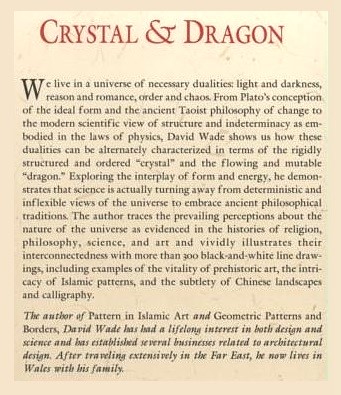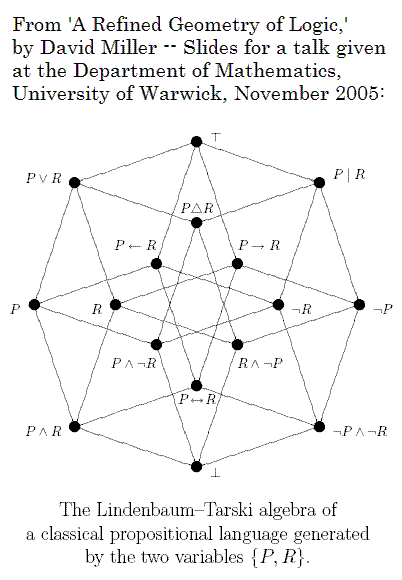
Iris Murdoch as above —
"… even Hamlet looks second-rate compared with Lear.
Only the very greatest art invigorates without consoling,
and defeats our attempts, in W. H. Auden's words,
to use it as magic."
"Francis Ford Coppola
Re-enters a Changed Hollywood.
It Could Be Rough."
Brooks Barnes in The New York Times today —
"Hollywood marketers tend to use a playbook that begins with
boiling a movie down to a single, salable genre. Is this a comedy
or a drama? It can’t be both, they will tell you. Consumers want
a clear idea of what they are getting. Strong reviews can help,
but only to a degree.
But 'Megalopolis' is unboilable. It’s an avant-garde, dystopian,
science-fiction fable that veers into satire, fever dream, mystery,
romance and comedy."























